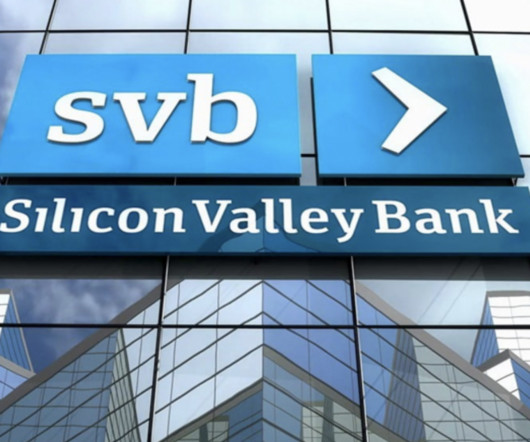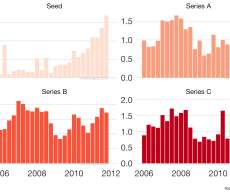Seed Stage Funding 101: What it Is & How it Works
The Startup Magazine
AUGUST 11, 2023
I will tell you brief details about seed stage funding, and deal sourcing on this page, so read the conclusion until the end. The following is a condensed explanation of seed funding: Seed money is a form of early-stage financing that new businesses receive from investors in exchange for a share of ownership in the company.













































Let's personalize your content